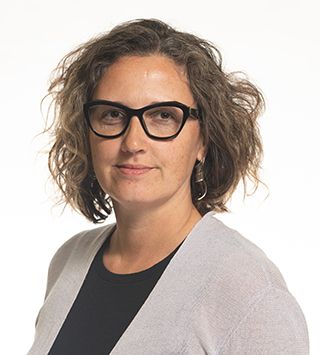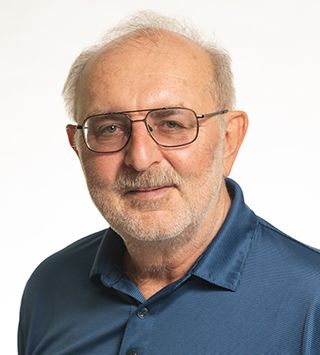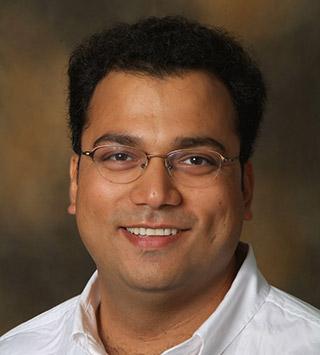
Applied Mathematics (M.S.)
Applied mathematics addresses problems in science, engineering, and society. Applied mathematicians solve problems across career fields, using a variety of mathematical strategies.
The M.S. program in applied mathematics at Illinois Tech serves a dual purpose based on your background and career aims. Should you want to pursue a doctoral degree in applied mathematical sciences, it provides a strong foundation that prepares you for the challenges of Ph.D. coursework and research. Should you want to pursue a career in industry, you will be trained in advanced mathematical techniques and models appealing to employers.
The three options of study include writing a master's thesis, passing two qualifying exams, or conducting an industry-based project.
Five specializations are offered in the program: industrial mathematics, stochastic computation, discrete computation and optimization, computational statistics for data science, and quantitative risk management.
Note: The Coursework track may be completed online; the Industry Project and Thesis tracks require in-person classes.
Program Overview
Illinois Tech's M.S. in applied mathematics program provides a strong foundation that prepares you for the challenges of Ph.D. coursework and research. Or train in advanced mathematical techniques and models, appealing to future employers and providing the opportunity to pursue a career in a variety of industries.
Career Opportunities
Career paths with Illinois Tech’s M.S. in applied mathematics can vary widely depending on the specialization chosen.
- Analysts
- Forecasters
- Statisticians
- Mathematical researchers
- Mathematical modelers
Admission typically requires a bachelor's degree in mathematics, applied mathematics, or related quantitative fields. Candidates whose degree is in another field and whose background in mathematics is strong are also eligible for admission and are encouraged to apply. All undergraduate prerequisites courses must be fulfilled, in addition to fulfilling all other degree requirements.
A cumulative undergraduate GPA of 3.0/4.0 is usually required.
At least two letters of recommendation are required.
A TOEFL score of 80 is required if an applicant is from a non-English-speaking country.
Program Specializations
Program specializations are designed to meet modern job market needs. Choosing a specialization is optional and not a degree requirement.
Bright Career Outlook
Median Salary (Mathematician)
-U.S. Bureau of Labor Statistics
Best Jobs (Data Scientist)
-U.S. News & World Report
Unemployment rate (Operations Research Analyst)
-U.S. News & World Report
Not what you're looking for? View all of Illinois Tech's programs in artificial intelligence, machine learning, computation, and data science.










